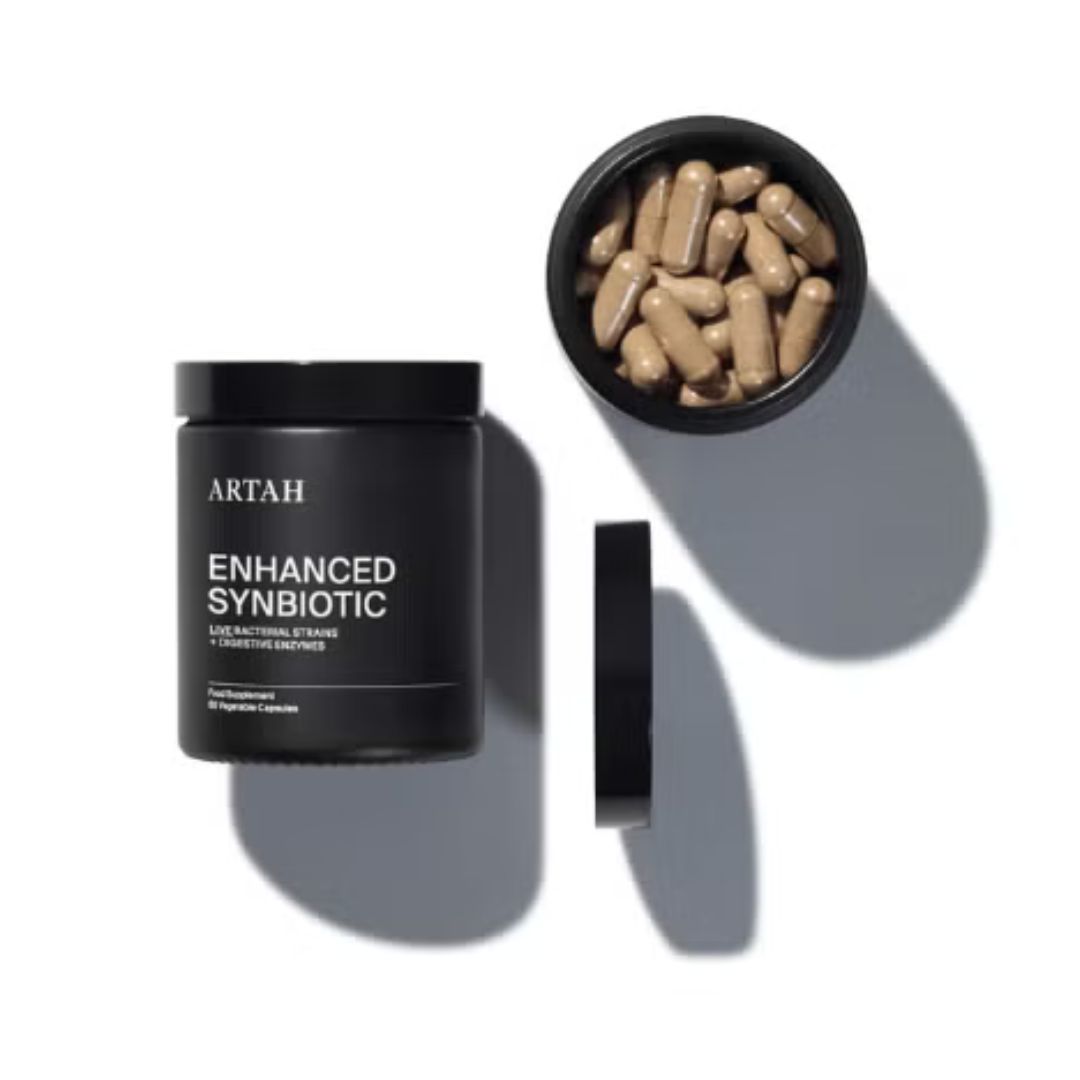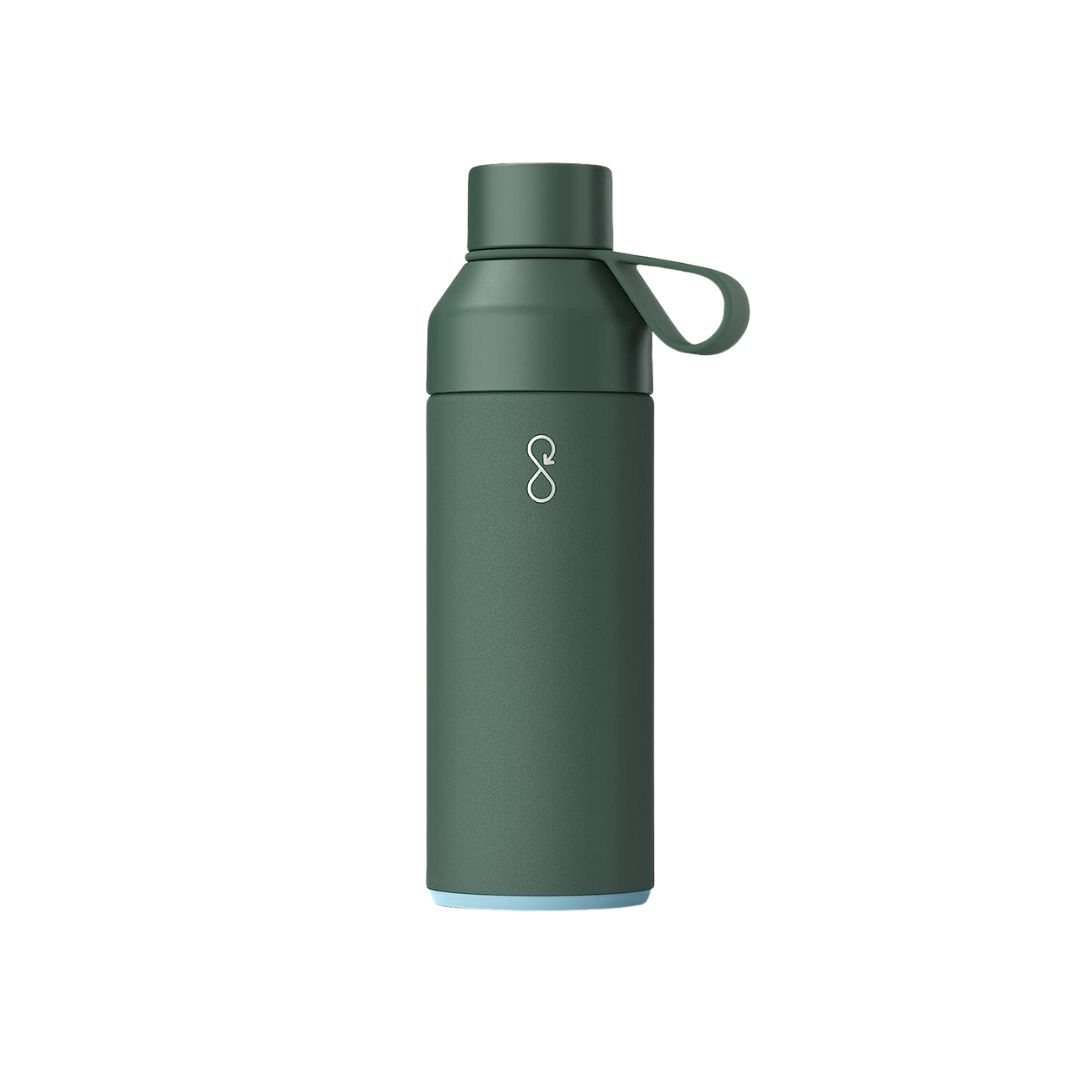Don't have time to get sick RN? Me neither - which is why I asked 3 experts for their failsafe formula for avoiding a cold
You're welcome.

It's officially advent calendar and The Holiday season, which also means it's also peak time of year to catch a cold or the flu. It doesn't help that it's absolutely baltic outside - temperatures reached minus 12.5 °C in parts of the UK over the weekend, so yep, it's cold out. If you're yet to be struck down by the lurgy that's currently doing the rounds, lucky you. That said, it might make you even more determined to read up on how to avoid a cold.
Let's be real - this time of year is far too busy to be bedbound or coughing your way through end-of-year work meetings and Christmas dinners. While it might feel like every other person you see is getting over a chesty illness or spluttering there way through one, there are actually some science-backed tips for avoiding a cold, in the first place.
As the Senior Health Editor here at Marie Claire UK, I hate getting sick with a vengeance. I used to get ill quite a lot, but getting to speak to top industry experts day in, day out means I now have a few immunity-boosting hacks under my belt. I've incorporating some of the below tips into my routine for the last six years or so - supplementing probiotics, eating foods rich in Vitamin B, and exercising regularly - and always make sure to make more time for them come winter to boost my chances of avoiding a cold.
Keen to read what the experts had to say? Keep scrolling. If you're already suffering, our guide to how to nip a cold in the bud might help, too.
10 expert tips for how to avoid a cold
1. Supplement echinacea
If you've never heard of echinacea, now's the time of year to have the traditional herb on your radar.
The research is certainly mixed on its effectiveness. This 2007 study concluded that supplementing it decreased the odds of developing the common cold by 58% and the duration of a cold by one to four days, a more recent 2014 study of 4631 participants found that echinacea products weren't effective for treating colds (although there was possibly a weak benefit from some of the echinacea products used).
That said, nutritional therapist Alison Cullen recommends it if you're keen to give your body a helping hand in fighting any symptoms of cold or flu. "Try a supplement like echinacea to support your immune system, which will help to maintain your body's immune resistance," she advises.
Celebrity news, beauty, fashion advice, and fascinating features, delivered straight to your inbox!
2. Get enough Vitamin C in your diet
You'll probably all have heard of the powerhouse that is vitamin C. Also known as ascorbic acid, it's a water-soluble vitamin most commonly found in citrus fruits, peppers, broccoli, brussel sprouts, potatoes, strawberries and blackcurrants.
The theory that Vitamin C could help boost immunity originates from the 70's and a researcher called Linus Pauling, who claimed that aiming for a daily vitamin C intake of 1,000 mg could reduce the number of colds you experience by as much as 45%. More recent studies haven't substantiated this claim, but they have found that while it might not prevent you from getting ill altogether, it can certainly shorten the length of time that you're ill, as this 2020 study highlights.
While the easiest way to make sure you're getting enough vitamin C is to eat a balanced and varied diet with a focus on fruit and vegetables at every meal and snack, it might also be worth supplementing during the winter months, or so says GP Dr Sohere Roked.
"Vitamin C and zinc have been shown to reduce the severity of the symptoms of a cold if taken for five days," explains Dr Roked. Wondering how much you need to take? "The recommended dose is 1000mg of vitamin C and 10mg of zinc."
3. Up your intake of beta-glucens
Did you know? "Incorporating beta-glucans in your diet - a type of heart-healthy fibre found in baker's yeast, oats, rye, barley, wheat and shiitake mushrooms - or in supplement form on a daily basis has been shown to reduce both bacterial infections and viruses," explains Dr Roked.
Other need-to-knows: "If taken when unwell, beta-glucans can actually shorten the length of the illness,' the doctor continues. As this 2013 study highlighted, eating or supplementing beta-glucans "significantly reduced the number of common cold episodes compared to placebo."
To you or I, that means building meals around:
- Yeast
- Oats
- Rye
- Barley
- Wheat
- Sorghum
- Rice
- Mushrooms
- Seaweed
4. Drink plenty of water
You all know that drinking enough water is key for regulating body temperature, keeping joints healthy, delivering nutrients to cells, and supporting organ functioning, not to mention boosting sleep quality, mood, and brain cognition. But can staying hydrated help ward off the common cold?
Good question. While most nutritionists, dieticians and GP's will advise staying hydrated year-round - and especially when you're ill - there's no hard and fast evidence providing that hydration is key to preventing illness.
What we do know is that, because it's been proven that drinking enough water is key to helping your body function optimally, it'll only help support your organs and muscles throughout your day-to-day.
If you're already feeling a cold coming on, it could be even more important. "Drink plenty of fluids as it's easy to get dehydrated when you're ill," advises pharmacist Angela Chalmers. "This is due to fluid loss caused by a high temperature and increased nasal secretions."
The NHS website advises aiming for six to eight cups of water a day. Struggle to hit your daily water intake? Read how one MC UK staffer got on trying the three drink theory (hint: she upped her hydration significantly).
While we're on the topic of water, too - washing your hands regularly gets even more important come winter time to help keep germs at bay. You were warned.
5. Sleep with your window slightly ajar
This one's not for the faint-hearted. Yes, it's freezing, but did you know? It's actually a myth that cold weather causes a cold, or so says Chalmers.
Her advice? "Try sleeping with the window open, as germs and viruses can breed more quickly in warm temperatures," the pharmacist advises. "Keeping fresh air circulating will help create a healthier sleeping environment."
6. Make a batch of chicken soup
An absolute classic go-to for when you're already ill, but did you know that home-making chicken soup year-round is a simple way of boosting your overall well-being?
"Studies on chicken soup have shown that it may have anti-inflammatory properties, though this could be due to its warming effects and the fact that you are taking in more fluid," explains Dr Laura Ginesi of Birmingham City University. "Try making big batches and freezing it so that it's ready when you need it."
Energy boosting foods, at the ready.
7. Supplement probiotics
We're big fans of probiotic supplements at team MC UK. The handy supps are best known for their ability to boost good health and reduce inflammation, but they can also boost your overall immunity, too.
As this 2022 study of 1000 participants highlights, both adults and children who take probiotics are less likely to get respiratory infections, aka coughs and colds, than those who don't supplement them. It also concluded that those who took probiotic supplements were ill for around a day less than those who didn't.
Dr Roked advises you to start taking them, whether you're looking to ward off a cold or not, as they're great for gut health, immunity, inflammation and more. "Start taking probiotics," the GP advises. Why? Well, "a 2012 study showed that people with colds recover more quickly and have less severe symptoms when they take them.'
Don't miss our guides to the best probiotics for women or our Health Editor's Symprove review, here.
8. Make time for your workouts
This one's important. Dr Roked explains that, while December might be incredibly busy, finding the time to workout is one of the easiest ways to boost your immunity and reduce your risk of catching a cold.
Case in point: several studies, including this 2022 paper, have found that physical activities strengthen your immune system. "One study even found that going on a 45-minute walk when you don't normally do much exercise boosts your immune system for up to three hours," explains Dr Roked.
9. Up your intake of lysine
Ever heard of it? Lysine is an essential amino acid that works to boost your immune system, stimulate your body's antibodies and fight illness, shares Dr Roked.
To up your intake via food alone, he recommends eating more:
- Plain yoghurt
- Skimmed milk
- Apricots
- Dried apples
- Dried mango
- Fish.
10. Make sure you're getting enough rest
Last but by no means least, one of the simplest ways to avoid catching a cold is to make sure you're getting the R&R you need for your body to recover. That could look like getting enough sleep each night, taking your lunch break to go for a walk, or switching your screens off an hour before bedtime so you've properly wound down from the day.
It's a busy time of year, but you'll only reach burnout (and the dreaded cold) if you don't take time to rest, warns Dr Annabel Bentley. "Try to get enough rest," she advises.
Shop MC UK's go to cold busting aids now:

This is the probiotic supplement that Health Editor Ally Head swears by. Why? Well, it contains scientifically studied probiotic strains that address digestion, mood, immunity, metabolism, skin, and sexual health, as well as digestive enzymes that help the body break down and absorb nutrients. Not bad.

Ally is Marie Claire UK's Senior Health and Sustainability Editor, a well-regarded wellness expert, ten-time marathoner, and Boston Qualifying runner.
Utilising her impressive skillset and exceptional quality of writing, she pens investigative, review and first-person pieces that consistently demonstrate flair and originality.
As well as writing, Ally manages a team of freelancers, oversees all commissioning and strategy for her pillars, and spearheads the brand's annual Women in Sport covers, interviewing and shooting the likes of Mary Earps, Millie Bright, and Ilona Maher. Shortlisted for three BSMEs and winning one in 2022, Ally lives and breathes her verticals: her eye for a story and connections within the wellness sphere are unrivalled. Follow Ally on Instagram for more.


